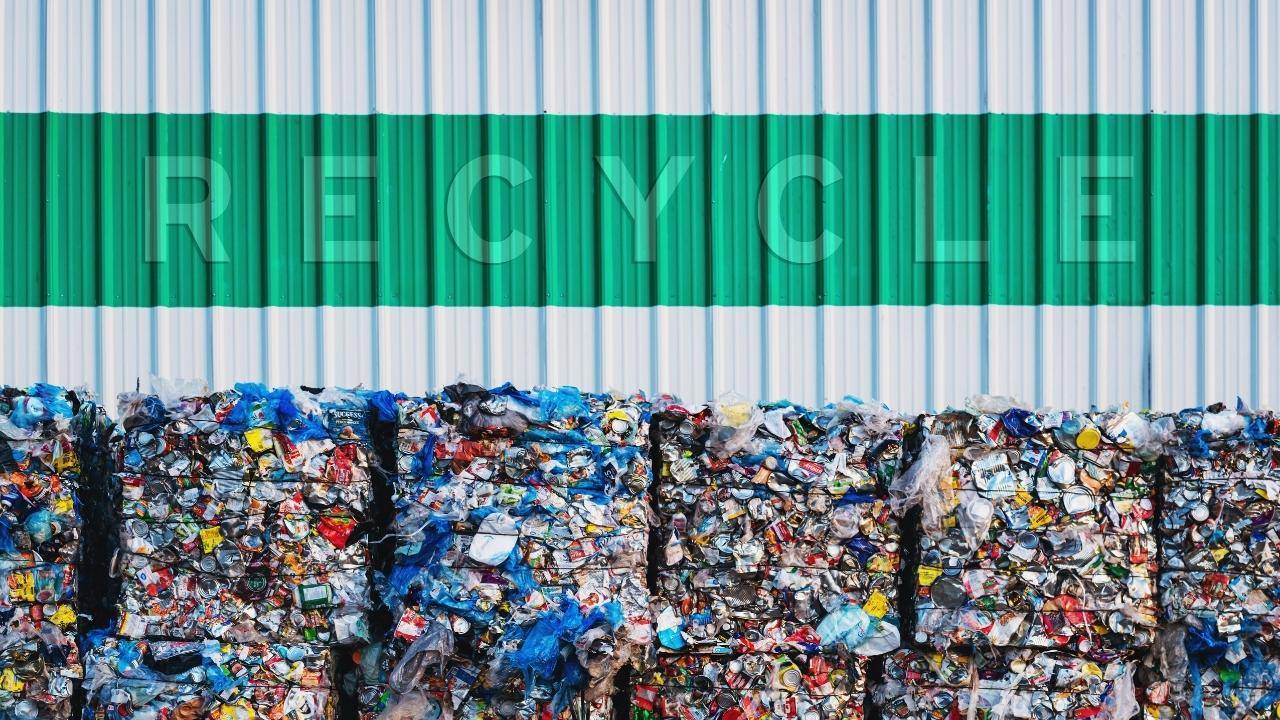Of all the plastic produced in the world, less than 10% gets recycled, while the rest ends up like plastic trash. So far, it’s estimated that our planet has produced 6.3 billion tons of trash.
As a result, we’re facing a global crisis, not just with the environment, but also with our health.
The biggest problem is microplastics — tiny flakes of plastic debris that are now found everywhere – from ocean depths to the peaks of the Himalayas — even in our bloodstream.
This plastic waste mostly affects marginalized communities, especially those living near plastic waste sites.
According to EcoWatch, a company called Thread has taken on a mission to remove plastic waste from developing countries — by empowering local waste collectors to take part in the recycling chain.
“Environmental justice cannot be solved in the absence of social justice,” said Vivien Luk, executive director of WORK. Before expanding through First Mile, WORK’s operations began in Haiti, where they continue to follow their mission to “accompany families out of poverty through good, dignified jobs,” while also working to remove roadblocks to their success.
The First Mile Initiative provides a fully transparent process of what happens with recycled waste while supporting waste collectors in Haiti, Honduras, and Taiwan.
So far, First Mile’s campaign to turn plastic waste into a valuable resource for struggling communities had turned more than 100 million bottles into shoes, clothes, and other items.
More inspiring green news similar to this:


